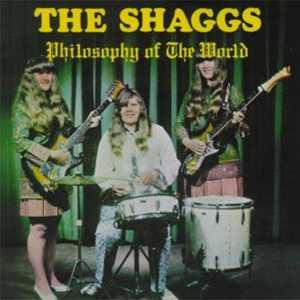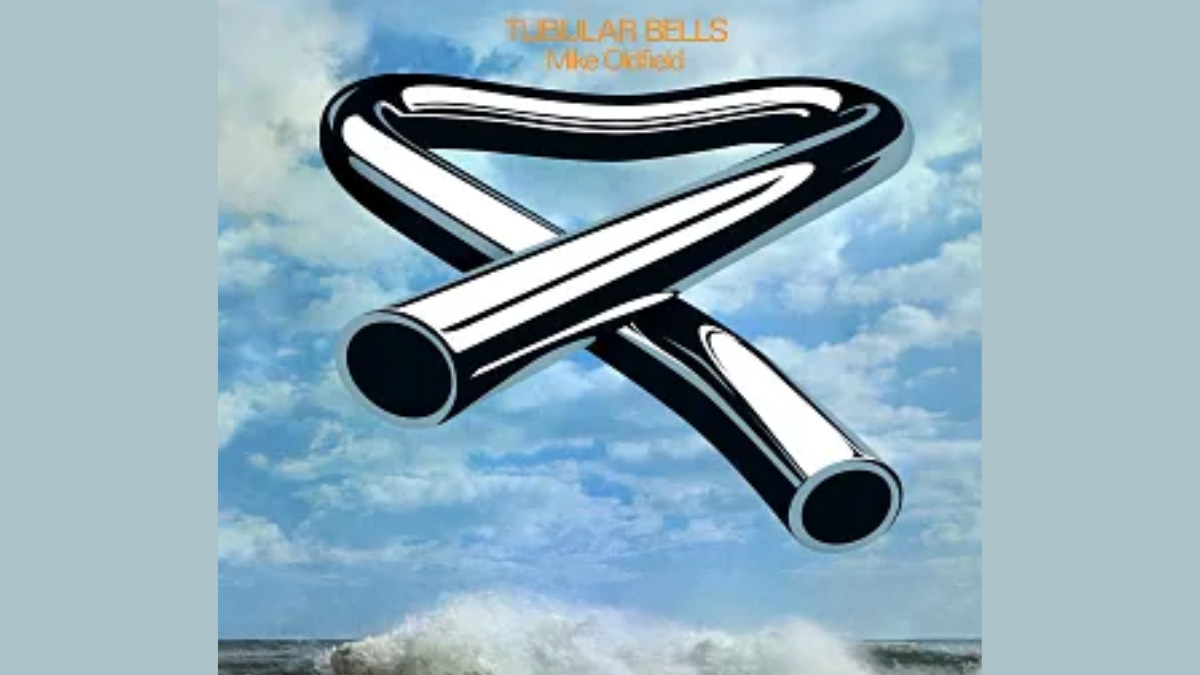How Tubular Bells Kickstarted Virgin Records
On one fateful day, at the time unknown friends Mike Oldfield and Richard Branson recorded a strange, eerie instrumental album, entitled Tubular Bells. It was Oldfield’s debut album, and Branson released it on his new record label, Virgin Records. It was similarly Virgin Records’ first album, but initially sold slowly. In December 1973, the year it was released, the album gained worldwide attention when it was used as a soundtrack for the horror film The Exorcist.
Tubular Bells has since become a massive commercial success, selling roughly 15 million copies worldwide. Many sequels to the original were written and recorded, and extracts were played by Mike during the 2012 Summer Olympics opening ceremony in London. The album’s cover was also used in a commemorative series of stamps in Britain, issued by the Royal Mail. It was one of only ten classic albums chosen for the stamps.
Industry Pulse
What to Watch at Glastonbury: A BBC breakdown of the songs that will make this year at Glastonbury special, including Lizzo, Arctic Monkeys, and some ‘new discoveries’.

Sir Paul McCartney and Princess Kate Reopen National Portrait Gallery: After 3 years and a £41m renovation, the National Portrait Gallery in London is reopening, and to mark the occasion was visited by Princess Kate and Sir Paul McCartney, amongst others. McCartney has an exhibition opening there from 28 June - 1 October 2023, called the Eyes of the Storm, a series of photographs that he took during Beatlemania.
Dr. Deepak Chopra Guides a Peace Procession at Glastonbury: To open the new Park stage at Glastonbury 2023, there will be a guided meditation by Dr. Deepak Chopra, who will then lead a Peace Procession over to the Kings Meadow, where a human peace sign will be erected, on 22nd June. Hope to see @ringostarrmusic there. #PeaceandLove
Music History
The Redlands Bust
Keith Richards and Mick Jagger were arrested in Richards’ manor, Redlands, for drug possession in 1967. It was well known that drugs were common in the British music industry at the time.
The Rolling Stones were suspected of drug use due to various rumours spread about their parties. As such, the police eventually raided Richards’ home when Jagger was there, amongst some friends. The police did arrest both the Rolling Stones band members, but did not find many drugs and thus little evidence. Their eventual respective trials did not lead to much. The worst judicial punishment exercised was Richards staying in prison for one night. His conviction was eventually overturned and Mick Jagger was released on a conditional discharge. Most of the public and press were backing the band.
Some say that this was an important moment in music history, symbolising the degradation of the establishment, while others viewed it as the corruption of traditional British values. The trial could perhaps raise a few interesting questions surrounding recreational drug use and its illegality. Most simply dismiss it as the establishment trying to exercise control over the beatniks and free-thinking artists of the time.
Song of the Day
The Place Where He Inserted The Blade - Black Country, New Road
With songs like “Bread Song” and “Concorde” which are hauntingly depressing to angsty, insecure tracks like “The Place Where He Inserted The Blade” and “Good Will Hunting”, Black Country, New Road imposes a musical experiment that is as exciting as it is emotionally evocative.
100 Albums to Listen to

The Shaggs - Philosophy of the World
The Shaggs were self-taught musicians who had little regard for musical convention. They played strange songs marked by their out of tune guitars, irregular, shifting tempos and time signatures, and overall chaos. Their work is, ostensibly, polarising, being described on occasion as one of the worst albums of all time, and sometimes absolute or even accidental genius. The Shaggs were praised by the likes of Frank Zappa and Kurt Cobain, which brought the album more fame. This album may not appeal to most, somewhat like Sex Moron, and, yet, it has a certain innocent charm in the lyrics. The Shaggs speak to much of what makes us human, all while being unabashedly imperfect and perhaps deliberately faulted.
4/100 - Subscribe for more
Music by Numbers
What is an Opus Number?
Beethoven's Piano Sonata No. 14 in C-sharp minor is "Opus 27, No. 2". You probably know this 1801 work as the Moonlight Sonata, its more common nickname. But what do any of the numbers in the original title actually mean?
The answer is relatively simple. “Sonata No. 14” simply refers to the fact that this is the 14th Sonata that Beethoven composed (out of 32 total).
The opus number, or “work number”, is assigned to a composition (or set of compositions) to show the chronological order of a composer’s works. It is abbreviated as “Op.” or “Opp.”, for a single work or multiple works respectively. Thus, “Opus 27” in this case is simply a way to categorise Beethoven’s compositions from a certain time period.
The “No. 2” after the opus is a cardinal number, meaning it is part of a set of numbers, that shows which work is being referred to within the opus number’s corresponding catalogue.
So, if we look at Beethoven’s Piano Sonata No. 13 in E-flat major, (1800–01), which is “Opus 27 No. 1”, we can see that the Moonlight Sonata comes second to Piano Sonata No. 13 in Opus 27. The two sonatas are catalogued under the same opus number due to the fact that they were composed around the same time in Beethoven’s career.
Now you know!
Lyrical Lament
You can try the best you can/You can try the best you can/The best you can is good enough
Hashtags
#glastonbury





